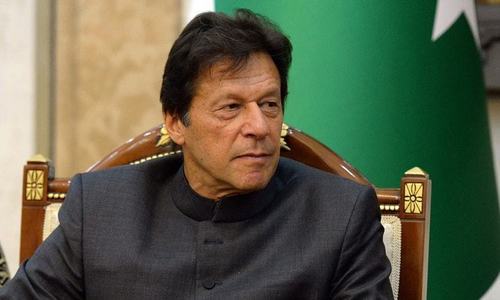NEWSPAPERS have of late been inundated with reports on Pakistan being taken to the cleaners in jurisdictions around the globe for allegedly not fulfilling its contractual obligations. Many of these reports refer to international arbitration taking place in various countries under separate domestic or international legal regimes.
To understand why such contractual disputes tend to be decided abroad or why the substantive and procedural laws used to decide them may differ from our domestic law, we must note the many factors which have led to this situation.
In most situations where a contract is being executed between a foreign party and a domestic player, or between entities from different countries, arbitration clauses are considered a major method of dispute resolution. Parties agree to a venue of arbitration, as well as the substantive and procedural laws applicable to a dispute between the parties. The aim of such clauses is to afford swift, seamless and fair resolution, with procedural mechanisms that are business friendly and commercially viable.
However, what do parties take into account when deciding on which forum to choose, and which substantive or procedural laws to apply to its contractual obligations?
There are a multitude of factors contributing to a party’s preference of forum. For example, the expertise of the legal fraternity in the domestic country may be relevant, as well as the responsiveness and length of time required by the judiciary to settle disputes, its sensitivity and knowledge of arbitration-related matters and international conventions and bilateral investment treaties, consistency in policy decisions and the prevailing security and political situation.
In considering these and other factors, parties may choose to either go to international bodies which are accredited and have a reputation for fair and swift dispute resolution, or may prefer forums in well-known arbitration-friendly countries, ie. jurisdictions which incentivise alternative dispute-resolution mechanisms, have an established domestic and internationally recognised arbitration infrastructure, and a judiciary and legal fraternity with expertise in international laws, conventions and matters pertaining to commercial arbitrations.
Although Pakistan does have alternative-dispute mechanisms, it must be noted that the legislation governing its domestic arbitrations precedes Pakistan’s own existence. Additionally, although the UN Convention on the Recognition and Enforcement of Foreign Arbitral Awards was passed in the year 1958, Pakistan only enacted laws to implement its provisions in the year 2011. If nothing else, the aforementioned indicates the priority being given to alternative-dispute mechanisms in the country.
In addition to this, interference by the judiciary in arbitration-related matters has also dissuaded various parties from choosing Pakistan as a venue for arbitration or from seeking to apply its legal regime. For example, in the case of a previous dispute between Hubco and Wapda which contained an arbitration clause pertaining to the International Chamber of Commerce, the Supreme Court appeared to recognise the validity of the arbitration agreement, yet, on account of elements of fraud and corruption being present, decided the dispute itself.
In the Reko Diq matter, despite the presence of a bilateral investment treaty and an arbitration clause, the Supreme Court of Pakistan chose not to show judicial restraint, and on the touchstone of public policy considerations, amongst others, declared the contract in question invalid. Thereafter, in light of the above, and amongst other reasons, the International Centre for Settlement of Investment Disputes, in its arbitration proceedings, awarded compensation and imposed a penalty on Pakistan for breaching its obligations.
Such events point to another issue which prevents parties from choosing to find a solution to their disputes in Pakistan — the lack of expertise among professionals and judges in international law and arbitration and their inability to see the far-reaching consequences of their decisions. As the stakes are consistently high in cross-border transactions, parties will always prefer a jurisdiction which has experience in and is well endowed with knowledge of the mechanisms of commercial transactions and international arbitrations.
Hence, in order for Pakistan to become a centre for alternative-dispute resolution, various changes in its legal regime, adherence to judicial restraint and non-interference, and a relatively more efficient system of conflict resolution would have to be installed. Without the overhauling of the current model, it is unlikely that Pakistan would be considered by many, or in fact any, as a safe environment for the resolution of high-stake contractual disputes.
The writer is a lawyer.
Twitter: @basilnabi
Published in Dawn, January 31st, 2021
















































